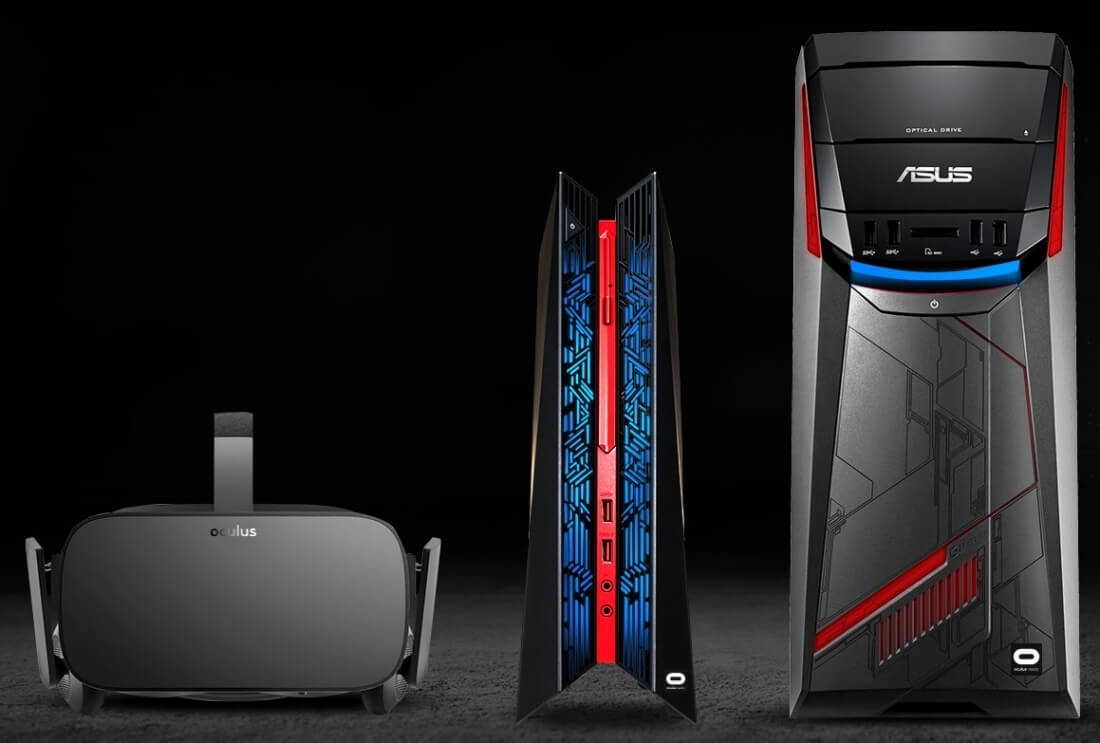Oculus VR announced in early January that its Rift VR headset would retail for $599. The announcement sparked outrage online. A month and a half later, HTC said its Vive VR headset would sell for $799 – a full $200 more than the Rift that had everyone up in arms. And just this past week, Sony revealed its virtual reality headset, the aptly-named PlayStation VR, would arrive in October priced at $399. Samsung, meanwhile, has been selling the consumer version of its Gear VR headset since November priced at just $99.
What seems pretty cut-and-dry gets complicated in a hurry when you consider that none of these are standalone platforms; they all rely on additional hardware – be it a computer, a game console or a smartphone – to power the experience.
To help make sense of it all, we've gone through the hassle of analyzing everything to see what the true cost of ownership looks like. Some of the findings may surprise you.

